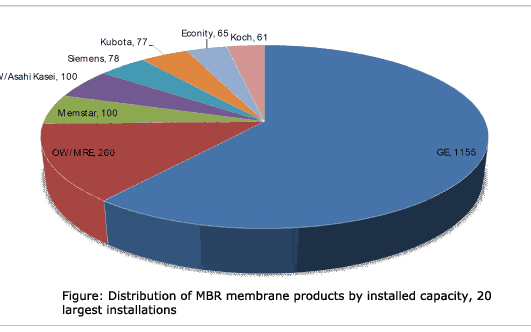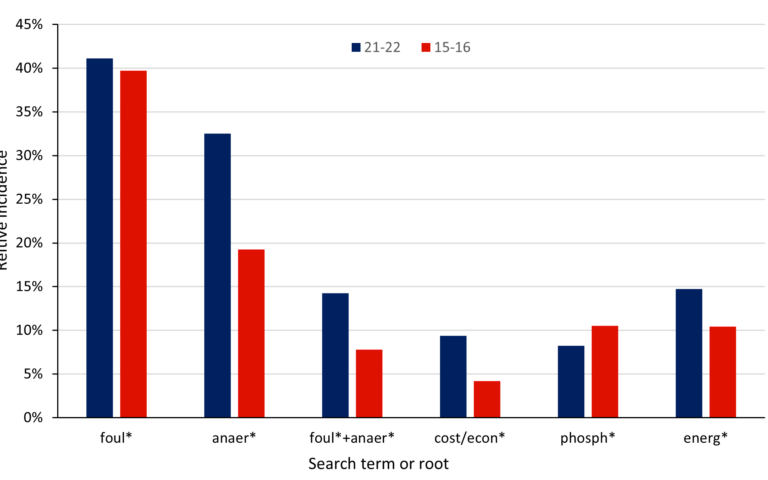US vs SI units: a conversation on conversion


Simon Judd
Is it about time the industry re-thought US units of measurement? Simon Judd, co-owner of The MBR Site and SludgeProcessing.com, argues that maybe the time has come.
Professor Simon Judd has over 30 years’ post-doctorate experience in all aspects of water and wastewater treatment technology, both in academic and industrial R&D. He has (co-)authored six book titles and over 200 peer-reviewed publications in water and wastewater treatment.
Is it about time the industry re-thought US units of measurement? Simon Judd, co-owner of The MBR Site and SludgeProcessing.com, argues that maybe the time has come.
Seven-and-a-half years ago, I posted a blog on The MBR Site about the confounding nature of Imperial units, still used in North America and hence commonly referred to as 'US units'.
It’s a fair reflection of the volume of work we are all routinely faced with, life’s various and countless distractions, and my own superhuman capacity for procrastination, that it’s taken this long to revisit the topic. But the fact is that the adherence to US units still creates confusion and imposes unnecessary barriers in the understanding of governing physical laws.
Let’s be clear, I love the US and its people. In fact − COVID aside − my wife Claire and I love to visit this beautiful country. What I'm suggesting is solely about the system, and is simply a matter of logic and consistency.
For those who are not au fait with the two systems, the video below gives a quick explanation of the fundamental and derived US (imperial) and SI units of measurement. So, as far as the mechanical water-relevant relationships are concerned, that's mass, length and time for the fundamental units and flow rate, density, viscosity, force, pressure, energy and power for the key derived parameters.
US vs SI units
The bases for many of the US units are steeped in history but arguably no longer apply in the 21st century. For example, the foot and the pound both date back at least 24 centuries.
The inch was either derived from the foot, or else equated to the width of a thumb depending on which reference source you use or believe. Like so many other things, though, it probably originates from the Greeks and/or Romans, although Edward II had a go at standardising it by stipulating that it equated to the length of three grains of barley laid end to end. Nice try, Eddy.
The horsepower is much more recent – only three centuries old. We have the Scottish engineer James Watt to thank for it. Watt derived the term to give an indication of how many mining horses his steam engine could potentially displace. So, the mining industry owes a debt of gratitude to Watt – and the pit ponies must have been pretty chuffed too.
The problem is that these key units were derived in isolation, without thought as to how they relate to the fundamental units for mass, length and time. In reality, all mechanical properties or parameters can be defined in terms of these three units – as demonstrated by the SI system. The inter-relationship between the key parameters is pretty much intuitive and easy to understand. Crucially, it's always possible to check the maths by checking the units: if the units are correct, then there's a reasonable chance that the maths is too.
Life’s complicated enough without conversion factors. It's true that there would be huge cost implications for North America to change to the SI system. But, surely, it's time to stop passing the buck.









